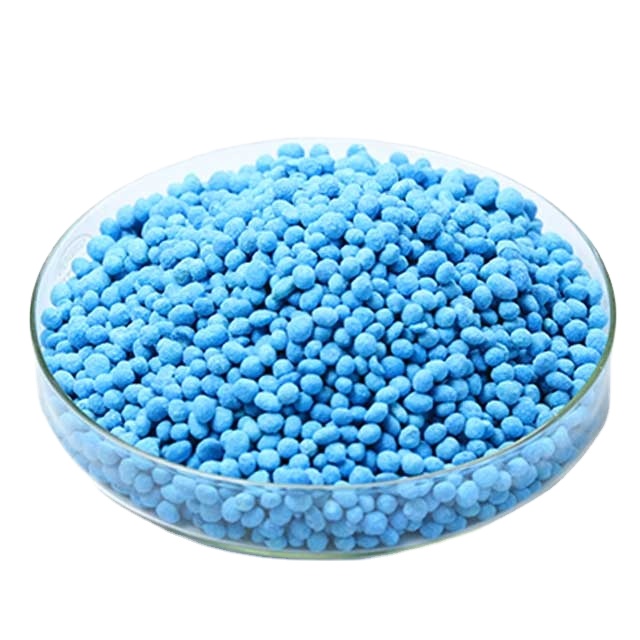NPK fertilizers are an important part of modern agriculture and horticulture, providing plants with the essential nutrients they need to grow. “NPK” stands for Nitrogen (N), Phosphorus (P) and Potassium (K), three major macronutrients that play an important role in plant growth and development.
Nitrogen is essential for leaf and stem growth because it is a key component of chlorophyll, the molecule responsible for photosynthesis. Nitrogen-rich NPK fertilizers promote lush, green foliage and are especially beneficial for leafy vegetables and grasses. However, too much nitrogen can lead to excessive leaf growth at the expense of flowers and fruit.
Phosphorus is essential for root development, flowering and fruiting. It helps plants convert nutrients into usable energy and is essential for the formation of DNA and RNA. NPK fertilizers with higher phosphorus content are ideal for flowering plants and fruiting crops as it promotes strong root systems and abundant flowers.
Potassium, the third element in NPK fertilizers, is essential to the overall health of the plant. It helps regulate a variety of physiological processes, including water absorption, enzyme activation, and photosynthesis. Potassium increases plant resistance to disease and environmental stress, which is especially important for crops facing challenging growing conditions.
When choosing an NPK fertilizer, it is important to consider the specific needs of the plant and the existing nutrient levels in the soil. Fertilizers are available in a variety of formulations with different ratios of N, P, and K, allowing gardeners and farmers to tailor nutrient applications to the specific growth stage and needs of their plants.
All in all, NPK fertilizer is a powerful tool for anyone looking to boost plant growth and productivity. By understanding the roles of nitrogen, phosphorus, and potassium, you can make informed decisions that will keep your plants healthier and more productive.
Post time: Dec-04-2024






